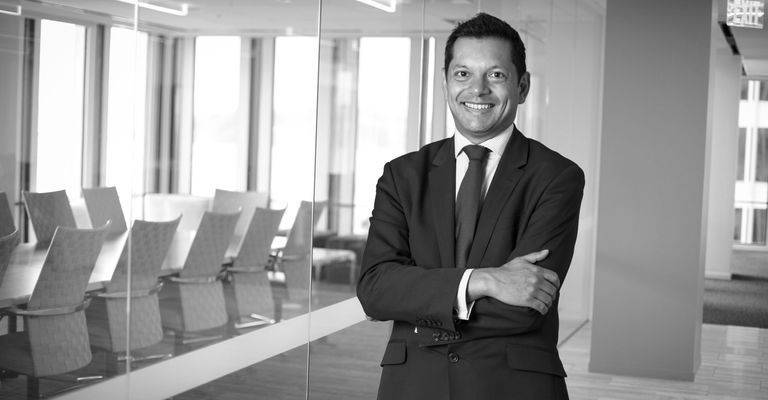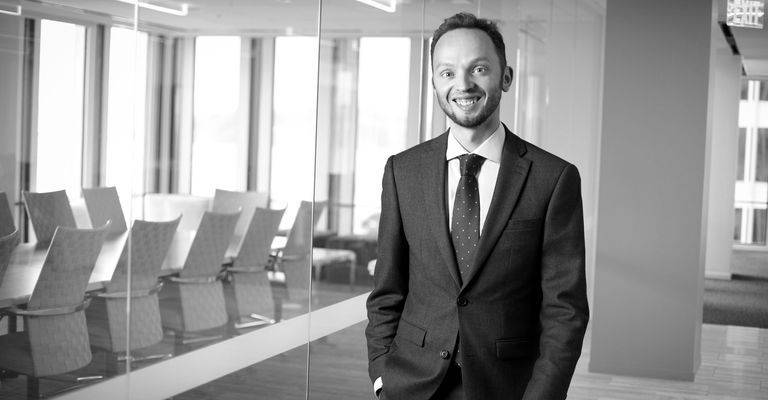News
BCLP launches The Sustainability Imperative: The Future of Real Estate Investment report
New research maps major shifts in the market as investors juggle net-zero targets, ‘green premiums’, and property technologyNov 01, 2023International law firm BCLP today announced the launch of a new research report. The 700-strong opinion research sample of corporate occupiers, private equity investors and institutional investors unveils new findings and attitudes about sustainable real estate.
The Sustainability Imperative: The Future of Real Estate Investment reveals some surprising findings – and challenges – that the real estate sector faces in its path towards greater sustainability. The footprint of commercial buildings has never been under more scrutiny, and as many organizations reduce their office space, sustainability has become an increasingly critical factor in the buildings they choose.
The report is based on an independent, global opinion research study of 700 corporate occupiers, private equity investors, and institutional investors across Europe, the United States, and Asia, supplemented by qualitative interviews with BCLP partners and industry thought leaders.*
Key findings from the BCLP report include:
- 79% of corporate tenants prioritize building sustainability by 2030, yet investors believe on average that over half (55%) of their portfolios will have known, poor or average sustainability by then.
- Only 45% of investors aim for net-zero portfolios by 2038, dropping to 36% among UK firms. On average, firms that do have a net-zero portfolio goal aim to achieve this by 2038, 15 years away.
- As sustainability standards rise, the ‘green premium’ may yield a ‘brown discount’: Investors believe that 11% of their firm’s current real estate investment portfolio is at risk of being unsaleable due to failure to meet certain sustainability criteria. This amounts to an average of $442 million of investments at risk per firm.
- Among assets failing current sustainability standards, 22% can't be retrofitted, and another 23% aren't cost-effective to upgrade to meet higher standards.
- Lack of standardization hinders sustainable real estate valuation; 81% of investors would invest more with clear evidence of a green premium.
- One of the major challenges is that there are many different accreditation and certification schemes, and there is a lack of consensus around how to define and quantify the sustainability of real estate. This lack of standardization can make it difficult to quantify the value of sustainable real estate, and the potential return on investment in upgrading sustainability standards. Key barriers to green investment include lack of consensus, organizational culture, and retrofit challenges for older buildings.
- Almost three-quarters of investors (73%) say that technology, or proptech, has a key role to play in improving the sustainability of real estate and driving greater investment.
- 73% of corporates think there need to be stronger external incentives from government and regulators, including grants and favorable tax treatment, for renting sustainable property.
Additional research and analysis from this report will be published in the coming weeks at Real Estate Sustainability Imperative - BCLP Perspectives.
Note: The concept development and research design were carried out by BCLP and Man Bites Dog, with the opinion research fieldwork conducted by Coleman Parkes Research.
Related Practice Areas
-
Real Estate





